The 2019 Michael E. DeBakey M.D. Awards for Excellence in Research
The 2019 Michael E. DeBakey M.D. Award for Research Excellence ceremony honored five Baylor College of Medicine faculty members for their excellence in published scientific contributions to clinical or basic science research over the past three years. Our five awardees are representative of the quality and scope of research at the College. Their work has made significant contributions to their fields of study and to improving human health.
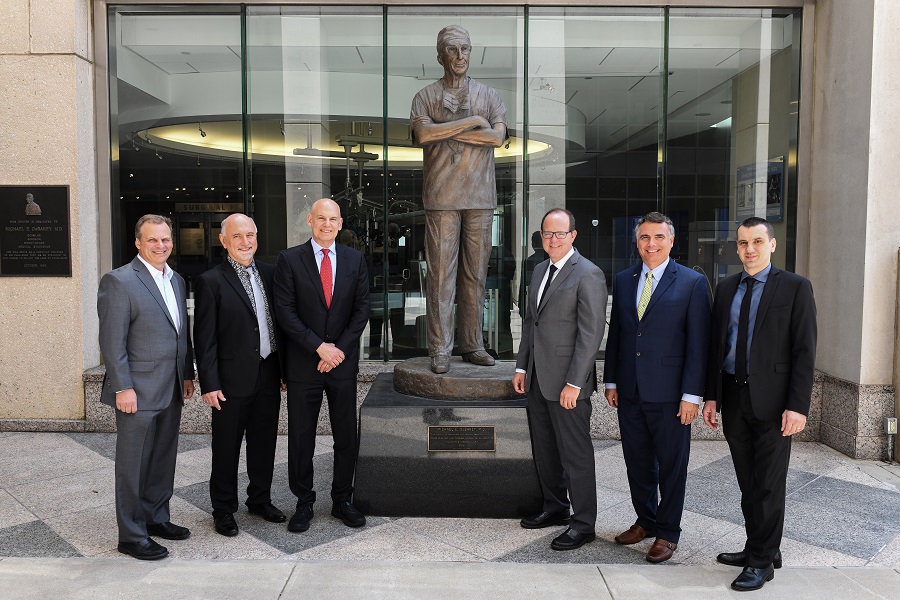
Dr. Adam Kuspa, Baylor’s Senior Vice President and Dean of Research, opened the ceremony and introduced each awardee to the audience. Each awardee gave a presentation about their recent research to an audience of faculty members, students, post docs, staff and family. Here is the essence of their corresponding scientific contributions:
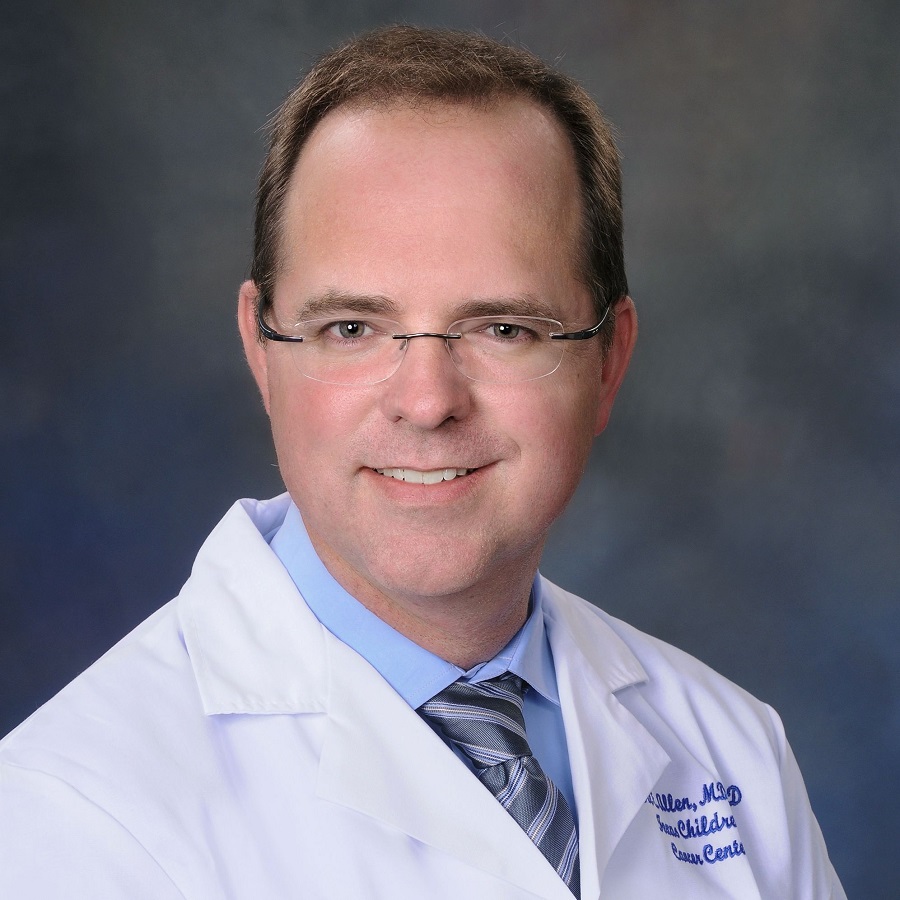
Dr. Carl Allen is an assistant professor of pediatrics – hematology/oncology and a member of the Dan L Duncan Comprehensive Cancer Center. Dr. Allen’s work has focused on defining mechanisms of pathogenesis of Langerhans cell histiocytosis (LCH). LCH is characterized by granulomatous lesions with typical CD207+ dendritic cells that may arise as isolated lesions or disseminated life-threatening disease. Uncertain classification of LCH as a disorder of immune dysregulation versus neoplastic disease has blocked access to research support from National Cancer Institute-supported organizations, limiting opportunities to improve outcomes for patients through clinical trials.
Dr. Allen’s research at Baylor College of Medicine has redefined LCH as a bona fide myeloid neoplastic disorder arising from hematopoietic precursors with activating MAPK pathway mutations. In a recent study published in Cancer, his team investigated the causes of LCH-associated neurodegeneration. They identified BRAF-V600E+ cells in peripheral blood and in brain biopsies of patients with LCH-ND, and patients treated with vemurafenib experienced dramatic clinical and radiologic improvement. This study determined that LCH-ND is a process caused by the same hematopoietic clones that drive systemic LCH lesion formation. While previous work used lineage tracing with MAPK pathway mutations to identify differentiation pathways of LCH, the functional consequences of MAPK activation in myeloid precursors were not known. In a study published in the Journal of Experimental Medicine, they determined that MAPK hyper-activation in myeloid dendritic cells abrogates CCR7 expression and up-regulates proteins that inhibit apoptosis, trapping activated pathologic DC resistant to cell death in lesions. The paradigm-changing work by Dr. Allen and colleagues has re-defined LCH as a myeloproliferative disorder. This work has not only uncovered novel therapeutic opportunities, but also it has contributed to the NCI including LCH in its portfolio of diseases that may benefit from translational research and clinical trial support.

Dr. Christie Ballantyne is professor of medicine, chief of the section of cardiology, vice chair of research for the Department of Medicine, director of the Center for Cardiometabolic Disease Prevention and director of the Maria and Alando J. Ballantyne, M.D., Atherosclerosis Clinical Research Laboratory, which serves as the core laboratory for the Atherosclerosis Risk in Communities study. He also holds the J. S. Abercrombie Chair in Atherosclerosis and Lipoprotein Research. Ballantyne is one of the foremost experts on lipids, atherosclerosis and heart disease prevention. He helped initiate “The Reduction of Cardiovascular Events with Icosapent Ethyl–Intervention Trial” (REDUCE- IT) and most recently, as lead investigator, found that patients with hypertriglyceridemia, despite statin therapy, had a lower risk of cardiovascular events when taking icosapent ethyl, a highly purified eicosapentaenoic acid (EPA) ethyl ester, compared to placebo. The findings were published in the New England Journal of Medicine. His latest research published in Circulation found that troponin I, a protein that is most commonly used to diagnose heart attack, can be detected with a new high-sensitivity assay in adults without prior cardiovascular disease or heart failure, and by adding this protein to the Pooled Cohort Equation, a commonly used risk prediction model, led to more accurate risk prediction for heart attack, stroke and heart failure hospitalization. In addition, his group is studying how genetic variation modifies the response to lipid therapy with the goal of developing personalized diet, lifestyle and pharmacotherapy based upon the genetic profile and clinical phenotype.

Dr. Robert Britton is professor of molecular virology and microbiology and a member of the Dan L Duncan Comprehensive Cancer Center and the Center for Metagenomics and Microbiome Research at Baylor College of Medicine. His research and that of his lab is focused on the study of C. difficile, a bacterium that can cause serious infections in humans. The impact of C. diff, as it is commonly called, is staggering – about 14,000 deaths annually result from C. diff infection in the U.S. alone, and 200,000 worldwide. What’s particularly troubling is that antibiotics used to treat infections are actually a risk factor for C. diff infection by clearing away beneficial bacteria and allowing C. diff to gain a stronghold in the gastrointestinal tract. The Britton lab is interested in understanding the molecular pathogenesis of C. difficile, and recently their work has focused on how changes in food additives can drive the emergence of pandemic strains of pathogenic bacteria such as C. difficile in the human GI tract. Specifically, the work describes how the sugar trehalose and its incorporation into the Western diet has enabled the growth of two strains of the bacterium. This work, published in Nature with a follow-up review in the journal Gut Microbes, was widely reported throughout the world and is likely to inform FDA policy on the approval of such additives. To conduct the work of his lab, Dr. Britton has invented Mini-Bioreactor Arrays that enable the growth of intestinal communities, and this has greatly enhanced the ability to perform microbiome research at the College.
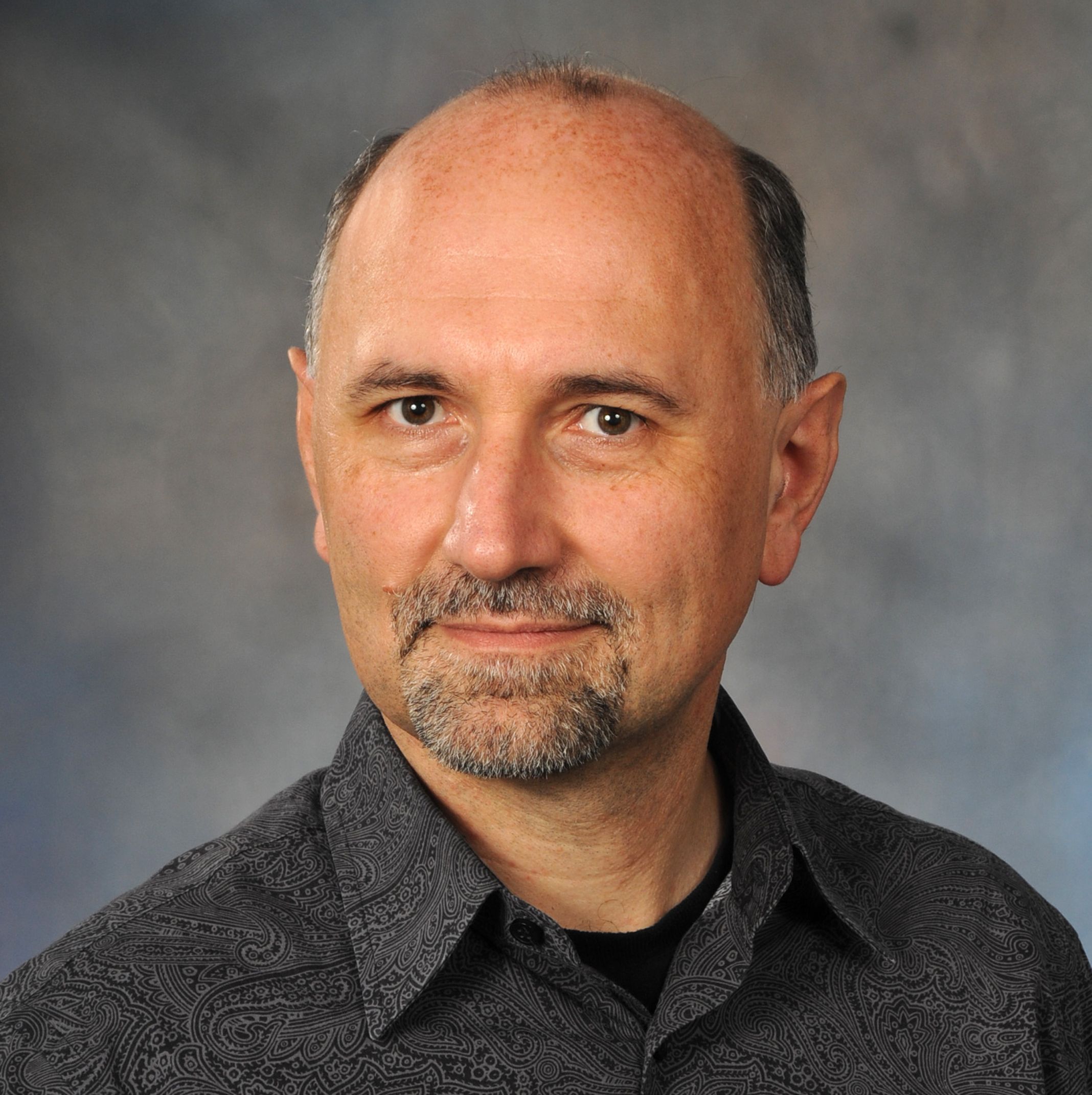
Dr. Aleksandar Milosavljevic is a professor of molecular and human genetics, director of the Program in Quantitative and Computational Biosciences, co-director of Computational and Integrative Biomedical Research Center and a member of the Dan L Duncan Comprehensive Cancer Center. His laboratory develops bioinformatics methods and advanced data platforms while contributing to the fields of genomics, clinical genomics, epigenomics and extracellular RNA communication. Using advanced web technologies, his lab provides data platforms and supports data coordination and analysis needs for NIH Common Fund projects and for the NIH-NHGRI Clinical Genome Resource (ClinGen). As part of the NIH Roadmap Epigenomics project, the lab established an ontogenetic tree of cellular differentiation, including global maps of cell-type specific regulatory elements and regulatory modules of coordinated activity and their likely activators and repressors. By analyzing allele-specific epigenome maps, the lab discovered nearly universal stochastic behavior of transcription factors, as evidenced by their methylation “footprints” at regulatory sites. The results provide a unifying model that links sequence-dependent allelic imbalances of the epigenome, stochastic switching at gene regulatory loci and disease-associated genetic variation. Dr. Milosavljevic’s lab leads the development of the FDA-recognized ClinGen database to inform clinical interpretation of genetic variation, and the lab currently serves as the Data Coordination Center for the NIH Extracellular RNA Communications project, which produced the ExRNA Atlas and developed the first comprehensive map of extracellular RNA in human biofluids. Developments in his work have been published in recently in Science, Genome Medicine and the American Journal of Human Genetics.
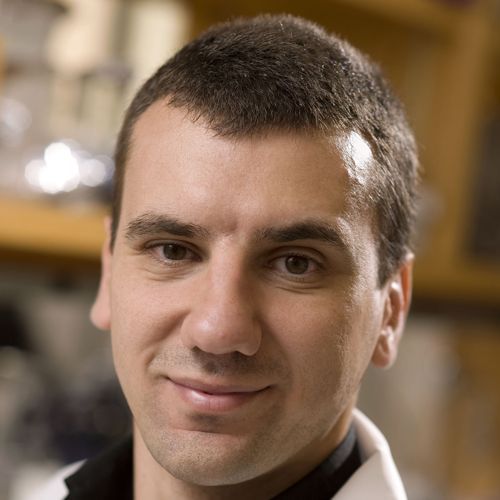
Dr. Marco Sardiello is assistant professor of molecular and human genetics at Baylor and member of the Jan and Dan Duncan Neurological Research Institute at Texas Children’s Hospital. The Sardiello lab has quickly become a leader in the field of lysosome-autophagy biology that studies the waste disposal system of the cell and how its malfunction leads to the accumulation of cellular waste and lysosomal storage disorders, including Batten disease and other neurodegenerative conditions. He discovered that master transcription factor EB (TFEB) stimulates the cell to produce more lysosomes and degrade cellular waste more effectively and that TFEB activity is normally inhibited by Akt-mediated phosphorylation. These finding led to the discovery that small-drug inhibition of Akt promotes TFEB function. When tested in animal models of fatal lysosomal disorders, drug-induce inhibition of AKT ameliorated neuropathology and extended the life span of diseased animals. Published in Nature Communications in 2017, these findings are the foundation of a clinical trial for lysosomal storage diseases that is under development. In 2018, the Sardiello lab identified a novel and unexpected mechanism serving lysosomal biogenesis. CLN8, a protein mutated in Batten disease subtypes, is a cargo receptor that serves ER-to-Golgi trafficking of newly synthesized lysosomal enzymes. CLN8 deficiency results in impaired maturation of lysosomal enzymes, thereby causing lysosomal dysfunction. Published in Nature Cell Biology, this shows that the pathogenesis of Batten disease is rooted in impaired lysosome biogenesis, thus solving a long-lasting biomedical mystery and opening new therapeutic opportunities. In 2019, the Sardiello lab set the foundation for a better understanding and treatment of tuberous sclerosis, a disease characterized by the formation of tumors in multiple organs and glycogen accumulation. mTORC1, a protein complex that regulates cell metabolism, has long been considered the major driving force behind tuberous sclerosis. But in their report published in PNAS, Sardiello et al show that a second mechanism independent of mTORC1 also is involved. Defects in lysosome formation and in the digestion of cellular materials lead to glycogen accumulation. This could guide novel approaches to treat the disease in patients who partially respond to the treatments targeting mTORC1.
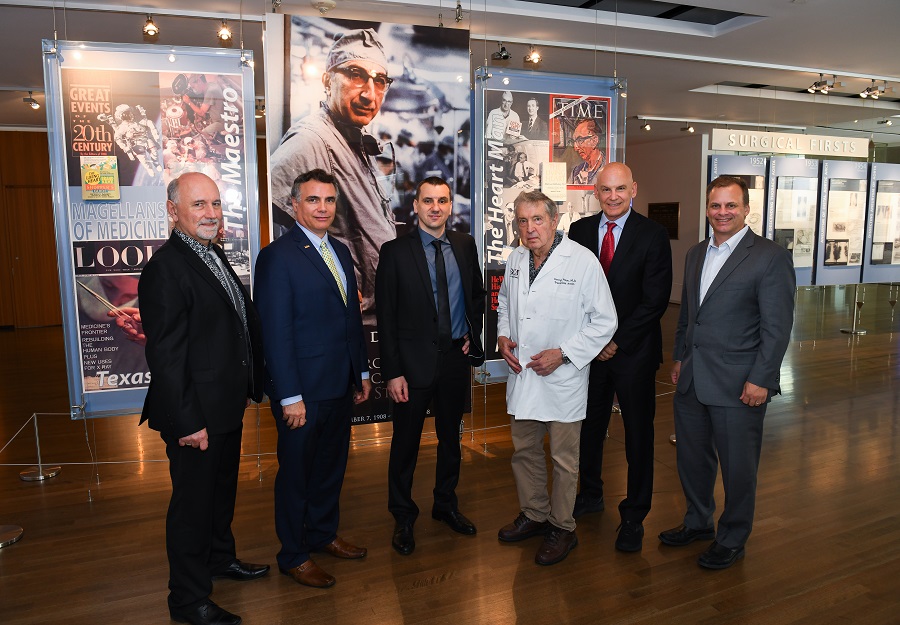
Interested in knowing about the awardees of previous years? Visit the webpage of the Michael E. DeBakey M.D. Excellence in Research Award.

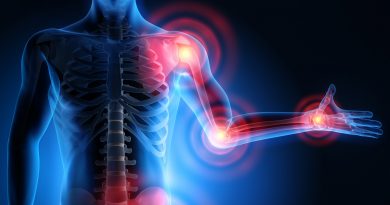

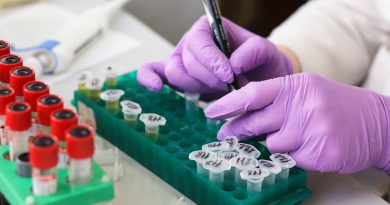
Pingback: Beyond Batten Funded Research Professor Awarded - Beyond Batten Disease Foundation